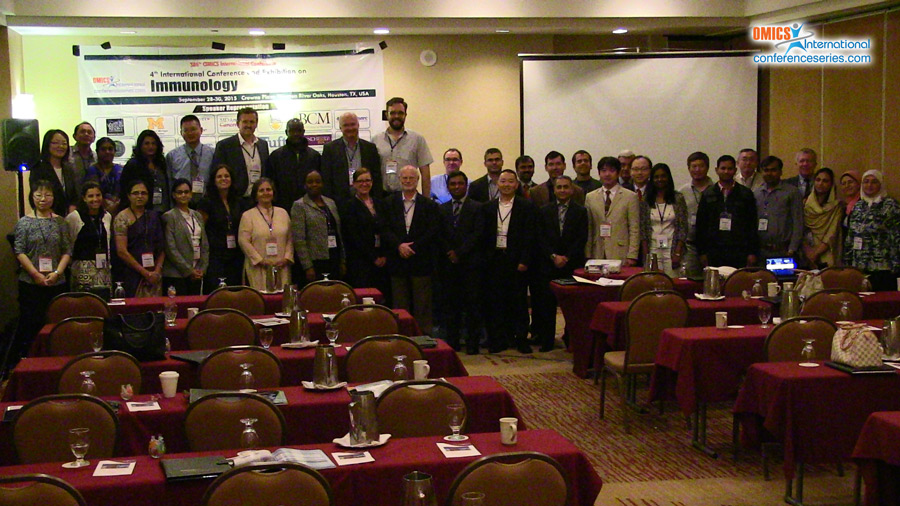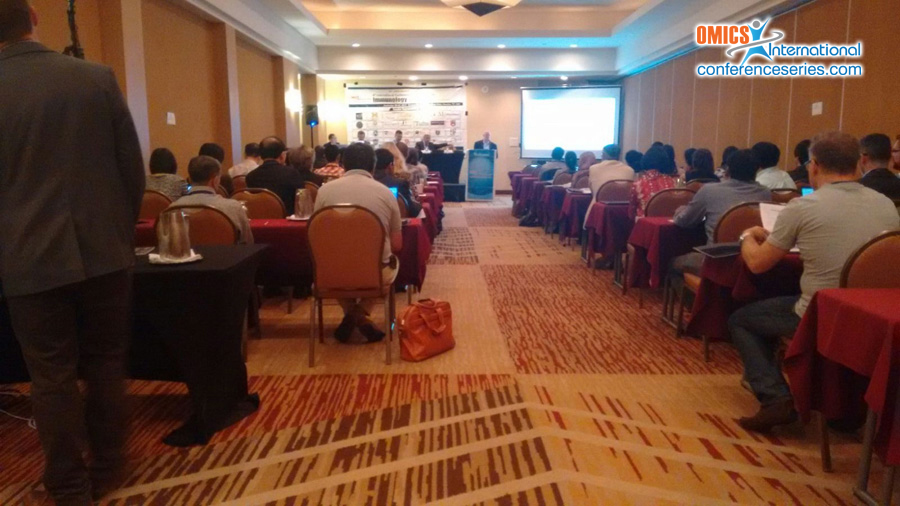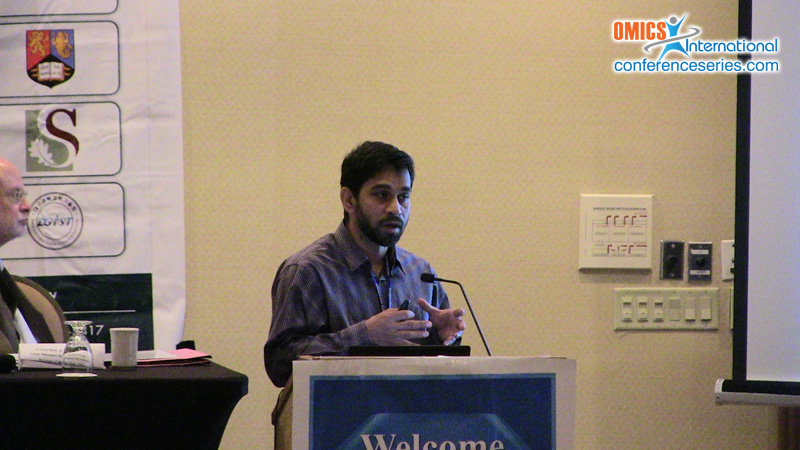
Hasan Zaki
University of Texas Southwestern Medical Center, USA
Title: The inflammasome: Critical roles in intestinal homeostasis
Biography
Biography: Hasan Zaki
Abstract
The inflammasome, a molecular platform for caspase-1 activation and subsequent maturation of proinflammatory cytokines IL-1ï¢ and IL-18, plays a central role in diverse inflammatory diseases. At least four different pathogen recognition receptors namely NLRP3, NLRP1b, NLRC4 and AIM2 can form the inflammasome complex through the interaction with caspase-1 via an adapter molecule ASC. We previously demonstrated that the NLRP3 inflammasome protects mice from experimental colitis and colorectal tumorigenesis. The NLRP3 inflammasome-dependent protection of intestinal inflammation and tumorigenesis is associated with increased damage in the epithelial barrier, suggesting a key role of the inflammasome in the regulation of intestinal epithelial cell physiology. Interestingly, caspase-1 activation is only partially suppressed in NLRP3-deficient mice, indicating the participation of other inflammasome pathways in intestinal homeostasis. However, the question remains which non-NLRP3 inflammasome pathways are functional in the intestinal milieu. In recent studies, we observed that intestinal microbial DNA is potent activators of the AIM2 inflammasome and Aim2-deficient mice are defective in caspase-1 activation in the colon during experimental colitis. This result is accompanied by increased colitis susceptibility in Aim2-deficient mice as characterized by increased body weight loss, higher inflammatory responses and exacerbated histological changes. Our study also shows that the AIM2 inflammasome regulates intestinal epithelial cell proliferation and antimicrobial peptide production. Taken together, microbial pattern molecules including DNA in the gut activate multiple inflammasome pathways in the intestine which critically contribute to intestinal homeostasis via regulation of the intestinal epithelial cell physiology.
Speaker Presentations
Speaker PDFs
Speaker PPTs Click Here




